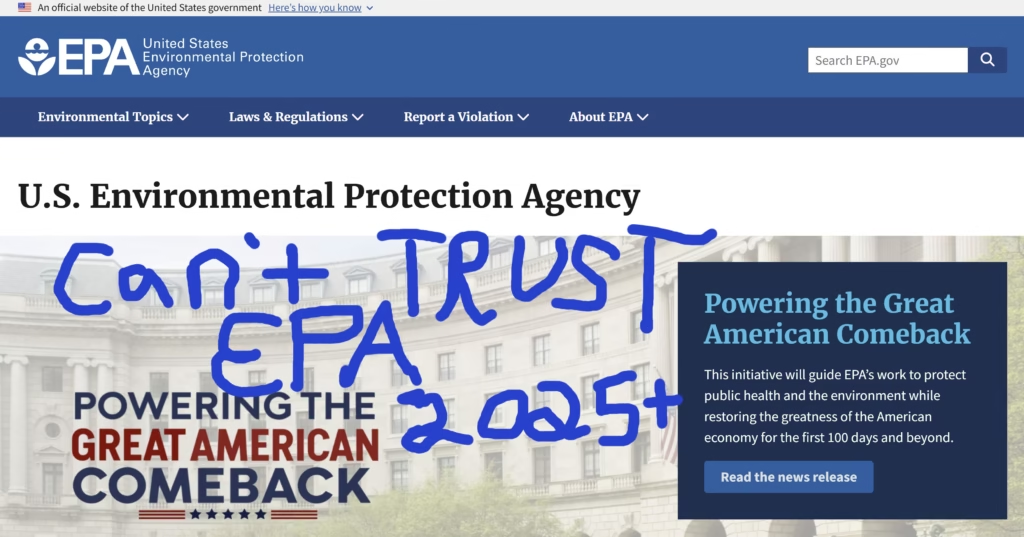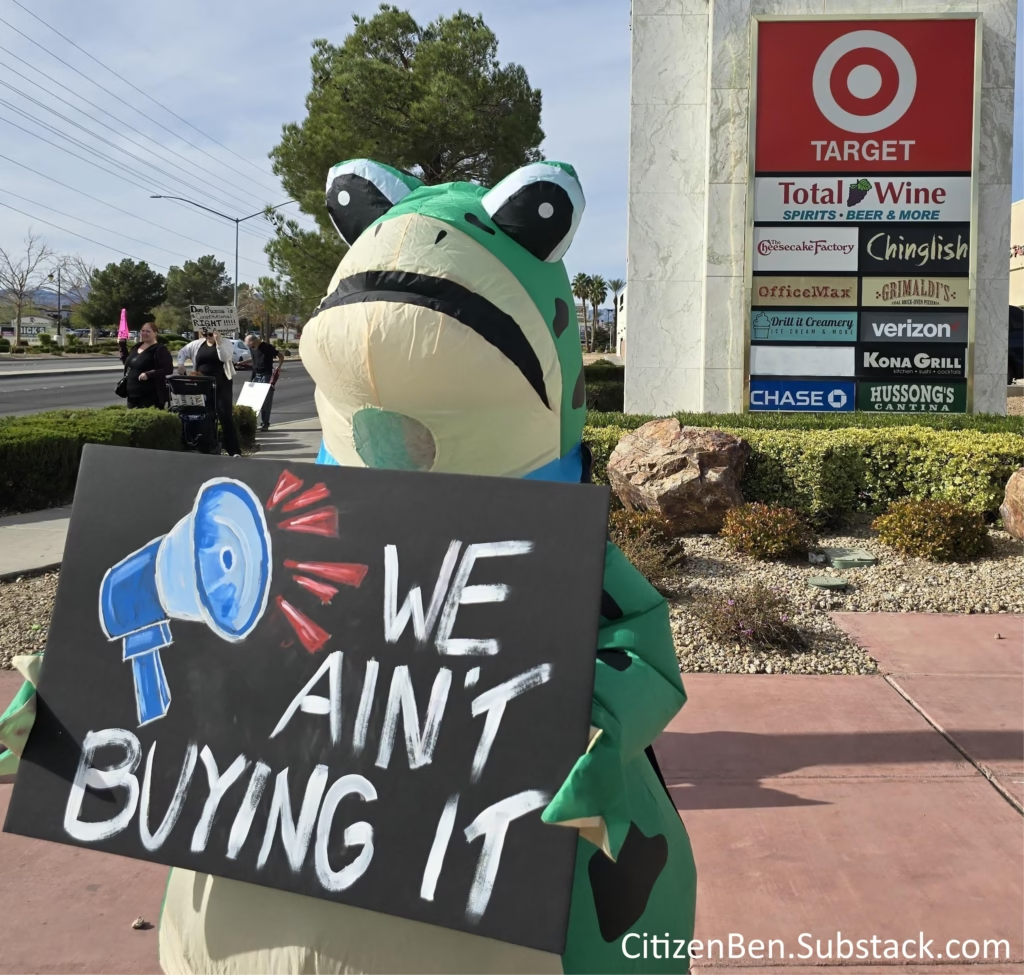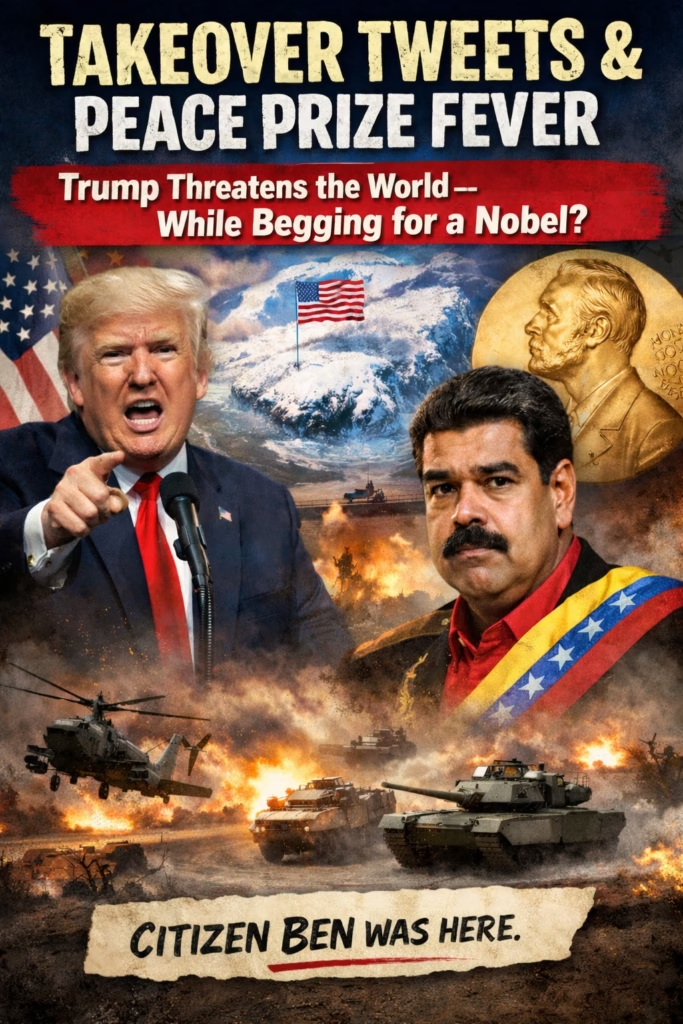What Happens When We Stop Listening to Experts?
By Ben Cable (BENCABLE.SUBSTACK.COM)

Photo by ThisisEngineering on Unsplash
Imagine waking up in a world where science doesn’t guide our decisions. A world where vaccines don’t exist, weather predictions are no better than a wild guess, and cancer treatments are based on superstition rather than research. It sounds like something out of a dystopian novel, but in many ways, we’re already seeing the early warning signs of what happens when science is ignored, denied, or outright attacked.
Science isn’t just something that lives in laboratories—it’s the foundation of modern civilization. Every time you turn on your GPS, check your email, take medication, or drink clean water, you’re benefiting from centuries of scientific progress. But what if we threw all of that away?
Health Without Science: A Return to the Dark Ages
Before vaccines, diseases like smallpox and polio devastated populations. Thanks to science, they were nearly wiped out. Yet, vaccine misinformation has fueled a resurgence of preventable diseases, with measles outbreaks returning in countries where they had been eliminated. In the United States, those infected with measles did not get readily available vaccines.
A clear example is the COVID-19 pandemic. The rapid development of vaccines was a historic scientific achievement, saving millions of lives. But, because of misinformation and distrust in science, vaccine hesitancy led to unnecessary deaths and prolonged the crisis. In the U.S. alone, nearly 200,000 deaths could have been prevented if more people had trusted the science and gotten vaccinated.
Beyond vaccines, medical science has made groundbreaking advancements in treating diseases like cancer. Immunotherapy, which helps the body’s immune system fight cancer, is saving lives in ways that seemed impossible just decades ago. If we stop funding and trusting medical research, these breakthroughs slow down—or stop entirely.
And let’s not forget antibiotic resistance. Overusing antibiotics has led to the rise of “superbugs” that no longer respond to treatment. If we ignore the science on this, simple infections could once again become death sentences.
Climate Without Science: A Disaster Waiting to Happen
Climate science isn’t just about ice caps and polar bears—it’s about ensuring we have food to eat, homes that aren’t underwater, and air that’s safe to breathe. 2023 was the hottest year ever recorded, and we’re already seeing the consequences:
1. Deadly Wildfires Becoming the Norm
Wildfires have always existed, but climate change is making them larger, more frequent, and more destructive.
- Hawaiian Wildfires (2023): The Maui wildfires killed nearly 100 people, making it the deadliest U.S. wildfire in over a century. Scientists pointed to rising temperatures and prolonged drought as key factors in worsening fire conditions.
- Canada’s Record-Breaking Wildfires (2023): Over 45 million acres burned across Canada, sending hazardous smoke into major U.S. cities like New York and Washington, D.C. The toxic air forced millions indoors and raised health concerns.
- California Wildfires (Jan. 2025): The California fires killed 29 people, burned 57 acres and 18,000 homes The fires forced 200,000 people to evacuate.
- Australia’s “Black Summer” (2019-2020): Over 3 billion animals were killed or displaced as fires raged across the continent. The extreme heat that fueled the fires was made 30% more likely due to climate change.
Ignoring climate science means refusing to invest in better wildfire prevention strategies, such as controlled burns and improved land management.
2. Hurricanes and Flooding Intensifying
Warmer ocean waters fuel stronger hurricanes, leading to catastrophic flooding and destruction.
- Hurricane Ian (2022): One of the most powerful storms to ever hit Florida, Ian caused $113 billion in damages and took over 150 lives. The storm rapidly intensified over warm Gulf waters, a pattern that’s becoming more common due to climate change.
- Pakistan’s Devastating Floods (2022): One-third of Pakistan was underwater after record-breaking monsoon rains displaced 33 million people and killed more than 1,700. Scientists linked the extreme rainfall to rising global temperatures.
- Europe’s Deadly Floods (2021): Unprecedented floods in Germany and Belgium left more than 200 people dead after extreme rainfall overwhelmed rivers and towns.
When science is ignored, governments fail to prepare for these disasters, leading to unnecessary loss of life and economic devastation.
3. Heatwaves and Droughts, Worsening Crop Failures
Climate change is making heatwaves hotter and longer, threatening food supplies worldwide.
- Record-Breaking Heatwaves (2023-2024): Southern Europe, the U.S., and China all faced extreme heatwaves, with some areas hitting over 120°F (49°C). Heat-related deaths surged, and energy grids were pushed to the brink.
- California’s Water Crisis: Years of drought have drained key water sources like the Colorado River, which supports 40 million people. Farmers are struggling to grow crops, leading to rising food prices.
- India’s Deadly Heatwaves (2022): Temperatures reached 122°F (50°C) in some areas, causing heatstroke deaths and lowering wheat production, impacting global food supply chains.
Ignoring climate science means failing to invest in better water management, sustainable agriculture, and cooling infrastructure.
4. Melting Glaciers and Rising Sea Levels Threatening Coastal Cities
As glaciers melt and seas rise, millions of people living in coastal cities are at risk.
- Greenland and Antarctica’s Ice Loss: Over 8.5 trillion tons of ice have melted since the 1990s, accelerating sea level rise.
- Miami and Jakarta Sinking: Rising seas are already flooding parts of Miami, Florida, and Jakarta, Indonesia, forcing massive infrastructure projects or even city relocations. Jakarta is sinking so fast that Indonesia is moving its capital to a new location.
- Alaska’s Disappearing Villages: Native Alaskan villages like Shishmaref and Kivalina are being swallowed by rising waters, forcing entire communities to relocate.
Ignoring climate science means condemning millions of people to displacement, loss of homes, and economic collapse.
5. The Spread of Climate-Driven Diseases
Rising temperatures are expanding the range of disease-carrying insects like mosquitoes and ticks.
- Malaria and Dengue Spreading: Warmer climates are allowing mosquitoes to thrive in new regions, increasing the spread of malaria, dengue fever, and Zika virus.
- Tick-Borne Diseases Increasing: Lyme disease, carried by ticks, is rising in North America and Europe as warmer winters allow ticks to survive longer.
- Deadly Fungal Infections on the Rise: Scientists have linked the spread of Candida auris, a deadly drug-resistant fungus, to rising global temperatures.
Ignoring climate science means failing to prepare for new public health challenges that put millions at risk.
The Cost of Denial: Paying the Price for Ignoring Science
The economic impact of ignoring climate science is staggering:
- The U.S. experienced 28 separate billion-dollar climate disasters in 2023 alone.
- The total cost of climate-related disasters worldwide is expected to exceed $23 trillion by 2050 if action isn’t taken.
- Insurance companies are pulling out of high-risk areas (like Florida and California), leaving homeowners without coverage.
The longer we wait, the worse it gets. Ignoring climate science doesn’t just put the environment at risk—it puts our economy, health, and way of life in danger.
Technology Without Science: Stuck in the Past
Think about how much of your daily life depends on science. Your phone, your car, the internet—none of these things would exist without scientific research. If we stop trusting science, innovation grinds to a halt. Instead of progress, we stagnate.
A few real-world examples of what happens when science is ignored:
- 5G Conspiracy Theories: Some people falsely believed that 5G technology caused COVID-19, leading to vandalism of cell towers in the UK and other countries.
- AI Misinformation: Artificial intelligence has the potential to revolutionize medicine, transportation, and education. But if people don’t understand how it works, they’re more likely to fear it or be misled by AI-generated disinformation.
- Space Exploration Cutbacks: NASA, SpaceX, and other space agencies rely on public funding and political support. If we stop valuing scientific discovery, space programs could be defunded, limiting advancements in communication, weather forecasting, and planetary defense.
The irony? Many of the people spreading misinformation about science are using smartphones and social media—both products of scientific progress—to do it.
The Bottom Line: Science Isn’t Always Perfect, But Essential
Science isn’t about always being right—it’s about constantly learning and improving. It’s okay to ask questions, but rejecting science altogether is dangerous. The moment we stop listening to experts is the moment we start moving backward.
We don’t have to imagine a world without science—we’re already seeing glimpses of it. When politicians deny climate change, when social media and Robert F. Kennedy Jr. spread vaccine misinformation, and when people refuse lifesaving medical treatments based on conspiracy theories, we are flirting with disaster.
A world without science isn’t just inconvenient—it’s deadly. If we want a better future, we need to stand up for facts, demand evidence-based policies, and push back against misinformation.
Science got us this far. Let’s not abandon it now.





